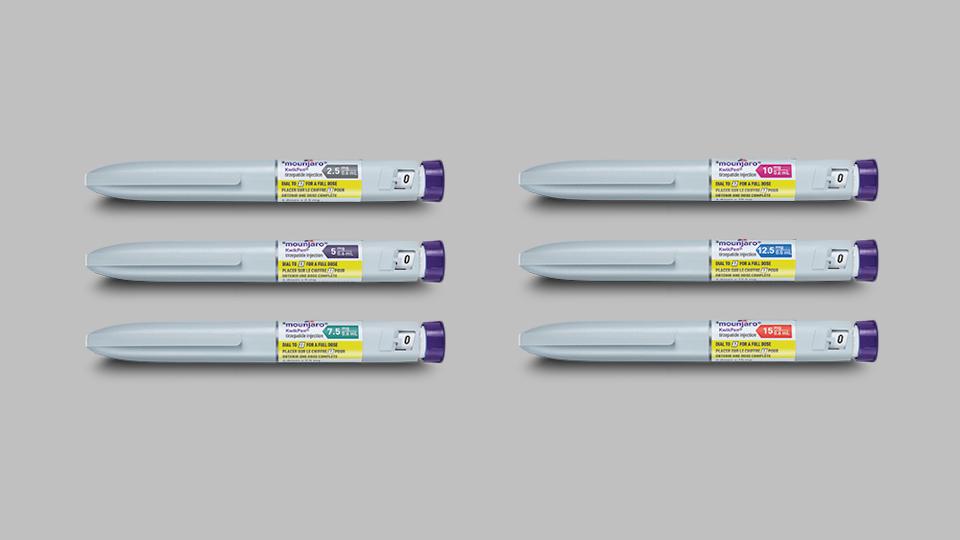Tech for good: AI agents critical to improving NHS services

The UK government has repeatedly underscored its confidence in the rollout of AI agents across public services to ultimately improve end outcomes, with healthcare already emerging as a success story with enhanced employee and patient experiences now being widely reported.
Improving efficiencies and uncomplicating processes are critical to the future success of NHS Trusts across the country. The limitless potential of AI has been identified as the shot in the arm needed to tackle the mounting pressures threatening UK healthcare and its often overstretched services and resources.
With this in mind, how are NHS Trusts harnessing the latest AI solutions to optimise the experience for their employees and care on behalf of patients?
Overhauling outdated legacy system
Staff across NHS Trusts have, for too long, been burdened by cumbersome, outdated technology solutions hindering daily operations. Ill equipped to tackle repetitive and manual tasks, legacy systems have failed to resolve issues concerning efficiency and employee dissatisfaction. But where actions have been taken to deploy modern technological solutions, teams and patients across NHS Trusts are already reaping the rewards. For example, with the help of AI agents, NHS Trusts such as Royal Free London NHS Trust is now logging 50% of calls through AI self-service portals. This ultimately reduces inbound phone queue times, improving clinician efficiency and patient satisfaction.
Previously, NHS staff would see much of their time consumed by these processes – adding avoidable stress onto them and reducing time spent with patients. Without AI assistance, queue times were manually handled – leading to mounting time constraints for members of staff. Today, with the support of automation, Royal Free London NHS Trust has the capacity to effectively manage call times more efficiently and staff can now apply more time towards patient care services.
Furthermore, Princess Alexandra Hospital NHS Trust has also seen efficiency improvements after overhauling legacy IT infrastructure via automation and self-service portals. The Trust reduced open tickets from 1,308 to 550 in just three months, cut SLA breaches from 629 to 13, and streamlined 210,000 monthly calls through automation, self-service portals, and AI-driven workflows, enhancing both staff efficiency and patient care.
Securing the future of public healthcare
Failing to place the latest AI solutions at the centre of healthcare operations will see a shortfall in resolving the longstanding issues being produced by outdated legacy systems across healthcare sites. AI is not a silver bullet to solve every problem facing NHS Trusts, given the complex nature of the challenges – but investment in the right areas will quickly yield tangible results and return on investment.
With this in mind, the contributions made by AI agents behind the scenes to uncomplicate and improve the efficiency of processes on a regular basis are unmatched when compared to alternative solutions. But in order to optimise effectiveness across healthcare organisations, AI agents require investment across the right functionalities and the correct training and understanding from the workforce.
Solving problems, not creating new ones
Implementing complicated solutions frequently leads to the opposite desired effect for a technology solution across an organisation. Solving problems, rather than creating new ones is the purpose for workplace technologies. High running costs, information overload, and constant need for employee training are just some of the issues organisations can run into when new technologies begin to hinder operations, rather than providing the required support.
AI agents provide 24/7 support for employees to self-service functionalities such as HR, IT, and finance all from the same platform. Solutions should be powerful, yet easy to implement, easy to use, and easy to configure - and built to make a real difference in a matter of weeks, rather than months and years.
Securing user data, especially sensitive healthcare information, must be a top priority for any solution. Regulatory standards such as GDPR uphold an individual’s digital rights and safeguard industry practices when protecting user and organisational data.
NHS Trusts require robust solutions to be in place at all times before any employee experience improvements are made. It is essential data processing is limited exclusively for the purpose the solution has been rolled out for and nothing more.
Improving patient care whilst uncomplicating services
As greater AI adoption continues at pace across UK healthcare organisations, we can expect to see an uptick in employee and patient experience as smarter technologies overhaul outdated processes and solutions.
With the help of AI, Princess Alexandra Hospital and Royal Free London NHS Trusts are seeing improved efficiencies and services which had previously been recurring pain points. Employees are now experiencing streamlined processes and fewer time constraints, whilst patients receive improved care as historic roadblocks affecting healthcare organisations are cleared through the support of AI agents.
About the author
 Ian Tickle, SVP & general manager international at Freshworks, brings more than 25 years of experience in sales and management at growth companies to Freshworks. He is a well-recognised industry pioneer in SaaS software, with experience spanning from startups to multinational organisations. Before joining Freshworks, Tickle served as EVP of international at Matillion, where he drove business model transformation and spearheaded talent initiatives. Prior to his role at Matillion, Tickle held various leadership positions at Domo, including president of global field operations, based in Salt Lake City, Utah. He also played a key role in Oracle's SaaS growth in EMEA and contributed significantly to Omniture's success in the region, leading up to its acquisition by Adobe in 2009.
Ian Tickle, SVP & general manager international at Freshworks, brings more than 25 years of experience in sales and management at growth companies to Freshworks. He is a well-recognised industry pioneer in SaaS software, with experience spanning from startups to multinational organisations. Before joining Freshworks, Tickle served as EVP of international at Matillion, where he drove business model transformation and spearheaded talent initiatives. Prior to his role at Matillion, Tickle held various leadership positions at Domo, including president of global field operations, based in Salt Lake City, Utah. He also played a key role in Oracle's SaaS growth in EMEA and contributed significantly to Omniture's success in the region, leading up to its acquisition by Adobe in 2009.












